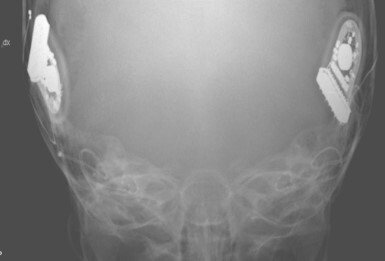About SCAPA
Hearing loss is a major global health problem. The World Health Organization estimates that over 450 million people (≈9% children) have a hearing impairment. The figure is estimated to rise to over 900 million people by 2050.
Hearing loss is ranked as the 5th leading cause of a life-long disability, before chronic diseases such as diabetes.

Diagnosis and correct treatment of hearing impairments place great demands on the interaction between medicine and technology.
The Scientific Center for Advanced Pediatric Audiology (SCAPA) aims to develop a medical-technical basis for the detection, diagnosis, and intervention of congenital hearing loss (2.2 per 1000 births, one of the most common chronic conditions in children).
Our hypothesis is that intervention during a critical period in the child's development can contribute to a normal maturation of the hearing system.
Our research goal is to minimize the negative consequences of hearing loss on hearing and speech and language development, i.e. on the ability to communicate.
Environmental factors and genetic factors together with results from advanced early diagnostics and our functional hearing and balance measurements from birth during the child's first year of life can optimize the care of children with hearing loss.
